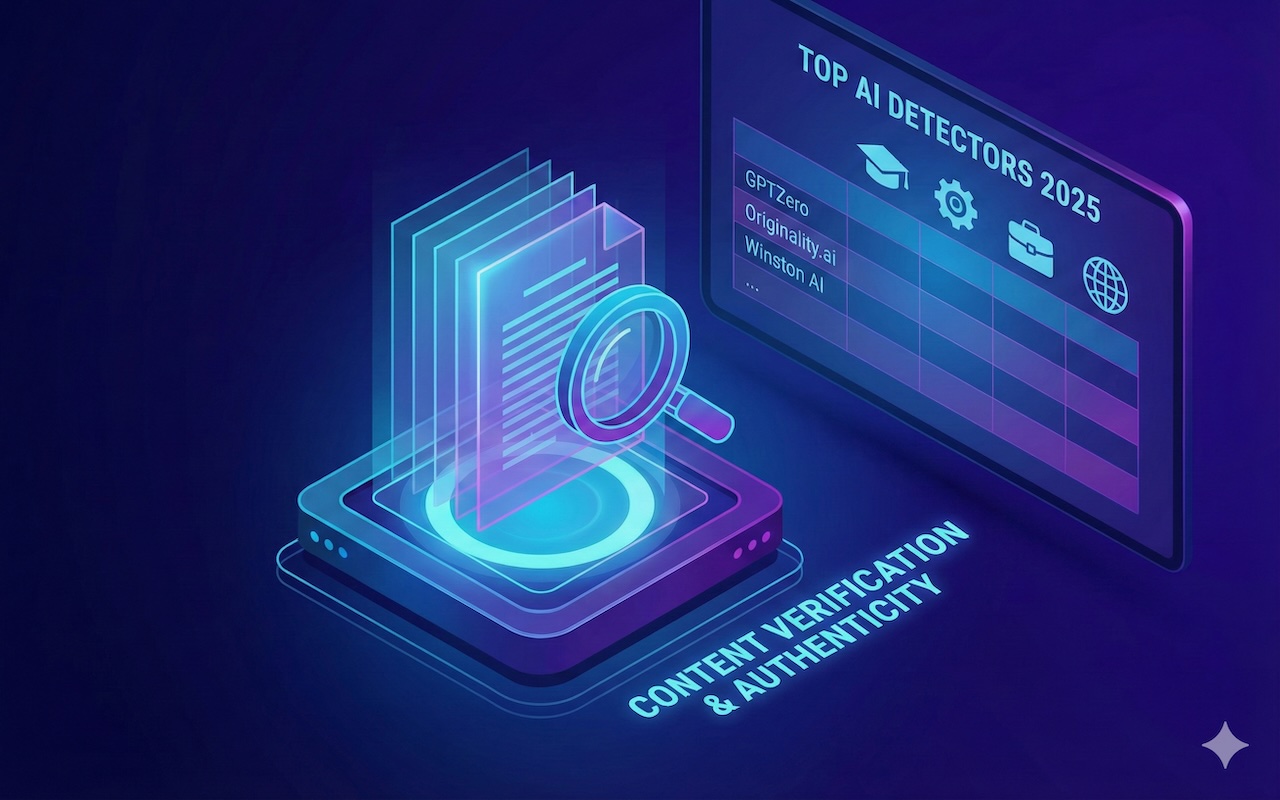
Any information produced, whether through social media interactions, online transactions, sensor data, or other digital activity, has the potential to be a gold mine due to its abundance of opportunities. Every click, every search, is a piece of data waiting to be explored. This emphasizes how widespread data generation is in our day-to-day activities.
What makes you unique in this profession is your capacity for data analysis. The professionals who filter and harness this digital richness to create insights and applications that propel businesses and breakthroughs are known as big data developers. With the help of our comprehensive, step-by-step tutorial, learn the best route to becoming a big data developer.
With the help of this article, you can become an expert and prosperous Big Data Developer. You can turn unprocessed data into valuable strategic insights.
What is a Big Data Developer?
A big data developer is an expert in the field of information technology. They are in charge of planning, executing, and overseeing large-scale data processing systems that manage enormous volumes of information, or big data. These developers play a crucial role in turning raw data structures into insightful knowledge by building and managing data pipelines, fusing disparate data sources, and creating applications that are driven by data.
A Big Data Developer primarily focuses on crafting, implementing, and managing Big Data solutions. These professionals form the backbone of data structures alongside database administrators. Their job is to ensure efficient processing, analysis, and transformation of large data volumes into valuable insights.
How to Become a Big Data Developer? Step-by-Step Guide
Being a big data developer is a fascinating adventure in the data-driven technology world. These experts are essential to the planning, execution, and upkeep of large-scale data solutions. Here is a step-by-step guide to get started on this fulfilling career path and become a skilled Big Data Developer.
Step 1: Learn Essential Programming Skills
Establishing a robust programming foundation is vital to begin your journey as a Big Data Developer. Begin by mastering languages pivotal in big data development, which is crucial for crafting code capable of efficiently processing and analyzing vast datasets. Here's a breakdown of the fundamental programming languages you should proficiently grasp:
- Java: Renowned for its versatility, Java is a cornerstone language in Big Data development, particularly for Hadoop MapReduce programming. Proficiency in Java and a solid grasp of object-oriented concepts are fundamental for practical data processing endeavors.
- Python: With its simplicity and expansive libraries, Python has emerged as a favored choice for data manipulation and analysis tasks. Acquiring expertise in Python empowers you to seamlessly work with frameworks such as Apache Spark and Pandas, facilitating efficient data handling and exploration.
- Scala: Scala holds prominence in Apache Spark thanks to its concise syntax and functional programming capabilities. Mastering Scala is invaluable, mainly in real-time data processing and analytics.
Step 2: Enroll in Formal Training/Course
You must acquire foundational technical skills and knowledge to start your career as a Big Data Developer. You can achieve this through a bachelor’s degree in fields like Computer Science, Data Science, or Mathematics. Pursuing a master’s degree can offer specialized expertise in Big Data, enhancing your proficiency in the field and strengthening your qualifications for this role.
Step 3: Master Big Data Tools and Technologies
To acquaint yourself with the fundamental Big Data technologies and frameworks such as Hadoop, Apache Spark, and Apache Kafka, you must delve into their architecture, components, and integration to handle intricate data workflows efficiently.
Let’s break down some essential Big Data tools and technologies:
- Hadoop: Hadoop, an open-source framework, facilitates distributed storage and processing of large datasets. For Hadoop developers, delving into the intricacies of the Hadoop Distributed File System (HDFS) for efficient storage and understanding MapReduce for data processing are essential components of mastering this framework.
- Apache Spark: Apache Spark, an in-memory data processing framework, outperforms MapReduce regarding speed. Delve into Spark's core concepts, including Resilient Distributed Datasets (RDDs) and DataFrames, for streamlined data manipulation and analysis.
- NoSQL Databases: Get acquainted with NoSQL databases like Apache Cassandra, HBase, or MongoDB, which are tailored to handle large volumes of unstructured data efficiently.
- Machine Learning: This holds significant importance within the realm of Big Data. Aspiring professionals must have a solid understanding of machine learning to develop and train predictive analytical applications.
Step 4: Create an Impressive Big Data Developer Resume
The next stage is to create an impressive resume highlighting your accomplishments, experience, and abilities. Use action verbs to highlight your impact on data processing and analysis when describing your achievements and contributions from prior employment on your resume.
Create a portfolio and resume after completing your certification course to attract the interest of the employer and business. Your school history, specialized certificates, and relevant technical skills and knowledge must all be listed on your CV.
Step 5: Explore Internship Opportunities
After completing your official degree or certification program, work on real-world Big Data projects, pursue an internship, or receive training to obtain practical experience. In addition to supporting senior team members, a big data intern's responsibilities will include acquiring, organizing, and analyzing datasets to extract insightful information.
You can’t become a skilled Big Data Developer only by studying theory. Practical experience is essential. Engage in real-world Big Data initiatives or generate your own datasets for work. You can begin with more straightforward projects and work up to more complex ones. Your grasp of Big Data principles and technologies will deepen due to this hands-on experience.
Here are some more pointers that you might want to look at in addition to your actual experience:
- To get exposure to real-world settings and learn from seasoned engineers, collaborate on open-source big data projects, or join online communities.
- To put your talents to use and develop your portfolio, work on big data projects of industry caliber, such as fraud detection models, recommendation systems, or data pipelines.
You will also get your hands dirty as an intern, creating content, organizing and managing sales leads, and creating data reports. You must also create Linux shell scripts and SQL procedures for data conversion, export, and import. Applying for internships is possible through several portals, including Indeed, Letsintern, and LinkedIn.
Step 6: Start Applying for Big Data Jobs on Various Portals
Now that you have a polished résumé, it’s time to look for work. To locate jobs as a Big Data Developer, use job marketplaces and professional networking sites like LinkedIn. For every application, customize your CV by highlighting your experiences and talents about the position’s requirements. In addition, think about joining online communities, going to industry events, and networking with other Big Data specialists. Developing a solid professional network can lead to opportunities and offer insightful information about the field.
By following this step-by-step guide, you’ll be well-equipped to embark on a rewarding career journey as a Big Data Developer in the United States, contributing to the ever-growing field of data-driven innovation and transformation.
Data Developer vs Data Analyst
A Data Developer and a Data Analyst serve distinct yet interconnected roles within data management and analysis. A Data Developer focuses on designing, building, and maintaining data infrastructure and solutions. They utilize programming languages and frameworks to process, transform, and analyze large datasets efficiently.
Conversely, a Data Analyst specializes in extracting insights from data, using statistical and analytical techniques to interpret trends, patterns, and correlations that inform business decisions. While a Data Developer constructs the foundation for data pipelines and systems, a Data Analyst interprets the output to derive actionable insights. For instance, A Data Developer might be responsible for building the platform’s data processing infrastructure. At the same time, a Data Analyst could analyze user engagement trends to optimize content strategies.
Many small to mid-size businesses leverage offshore big data analytics to take strategic advantage of financial savings while maintaining high-quality data analysis services. By partnering with offshore teams, businesses can tap into a vast pool of expertise and resources that may not be readily available locally.
Data Developer vs Data Engineer
A Data Developer and a Data Engineer play complementary but distinct roles in data management and analytics. A Data Developer primarily focuses on crafting, implementing, and maintaining data solutions, often involving programming and software development to design efficient data processing pipelines and algorithms. Their expertise lies in translating business requirements into technical solutions, ensuring data is extracted, transformed, and loaded (ETL) effectively.
On the other hand, a Data Engineer specializes in building and managing the entire data infrastructure, including data pipelines, databases, and storage systems. They are responsible for the data ecosystem’s architecture, scalability, and reliability, often working closely with data scientists and analysts to ensure seamless data flow and accessibility. This distinction is particularly relevant for software engineers transitioning into data management and analytics roles.
Conclusion
Becoming a successful Big Data Developer requires a strategic blend of essential programming skills, formal education, mastery of Big Data tools and technologies, hands-on experience, and networking. From learning fundamental programming languages like Java, Python, and Scala to delving into crucial Big Data frameworks such as Hadoop and Apache Spark, aspirants are equipped with the necessary knowledge and expertise to tackle large-scale data challenges.
Moreover, gaining practical experience through internships and real-world projects enhances one's proficiency and marketability in the field. With dedication and continuous learning, aspiring Big Data Developers can contribute to the ever-evolving landscape of data management and analytics, driving impactful insights and transformations across various industries.
Share this post
Leave a comment
All comments are moderated. Spammy and bot submitted comments are deleted. Please submit the comments that are helpful to others, and we'll approve your comments. A comment that includes outbound link will only be approved if the content is relevant to the topic, and has some value to our readers.



Comments (0)
No comment